All parents desire that their child finds true calling growing up, and with that discovered inherent authenticity—like shining gemstones pressed into the highest rocks of the mightiest mountains—guides them to make a difference in this world. Mercury’s father had always encouraged young Freddie—and the other members of his family—to be authentic and to act with kindness.
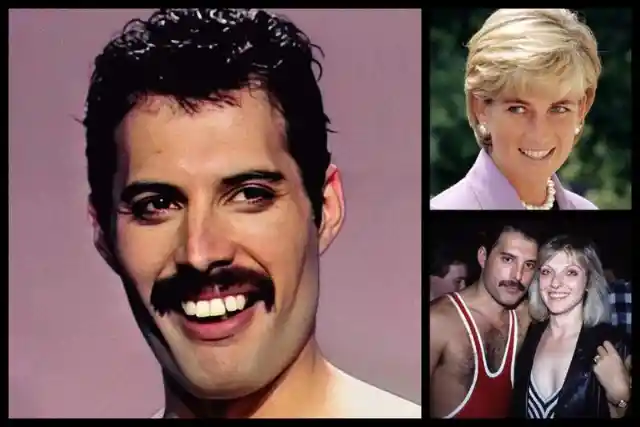
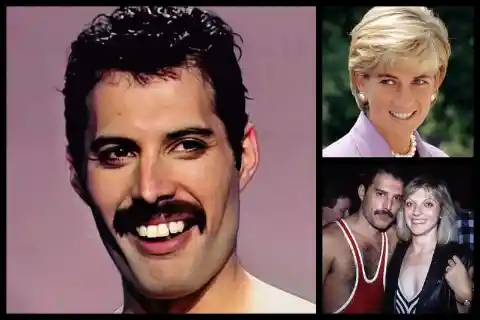
To his father, authenticity is a product of good thoughts from which good deeds flow. But little did he know how much the future of music would be altered by his son’s musicality, uniqueness, and talents. Freddie Mercury sent a lightning bolt through the fabric of music itself as the lead singer of Queen. But with all that glory came scandal, intrigue, and controversy.
Find out about Freddie Mercury’s life and intriguing legacy!
Freddie’s Birth Name
Born in Stone Town, Zanzibar, Mercury’s birth name was Farrokh Bulsara. At the time, this place was among the client states of the British Empire, and he was very much influenced by Western culture. His family often recounted that he only listened to Western pop songs on the radio when he was a kid.
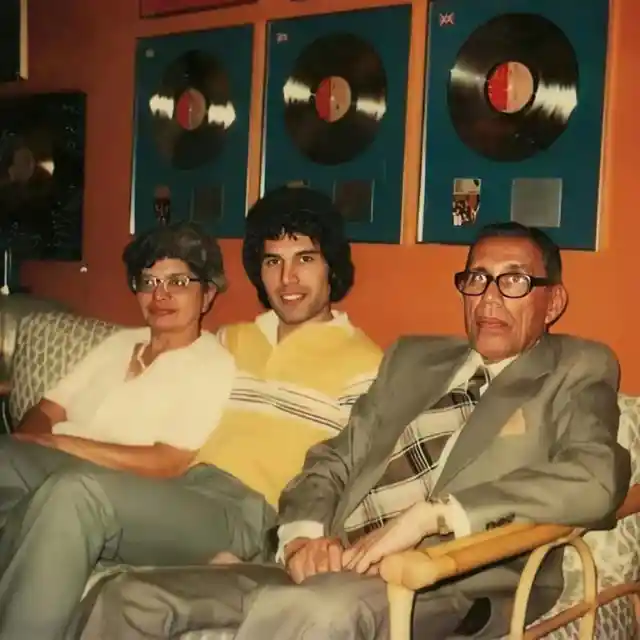
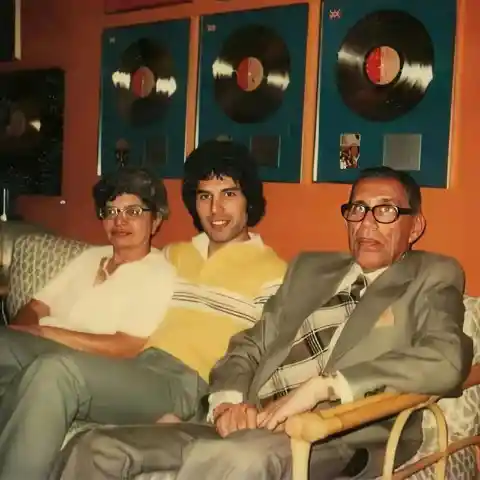
With that said, he never really liked his birth name. To him, it clashed with the culture he was exposed to and was hard to pronounce, especially for the others at the British boarding school he had been sent to. It was there that he started to use the name, Freddie.
Spiritual Influence
Freddie Mercury was born to a spiritual family. His parents were Bomi and Jer Bulsara, and they hailed from Western India. They belonged to a religious group called Parsis that was devoted to Zoroastrianism—one of the oldest monotheistic religions in history and one which greatly shaped Islam, Judaism, and Christianity.
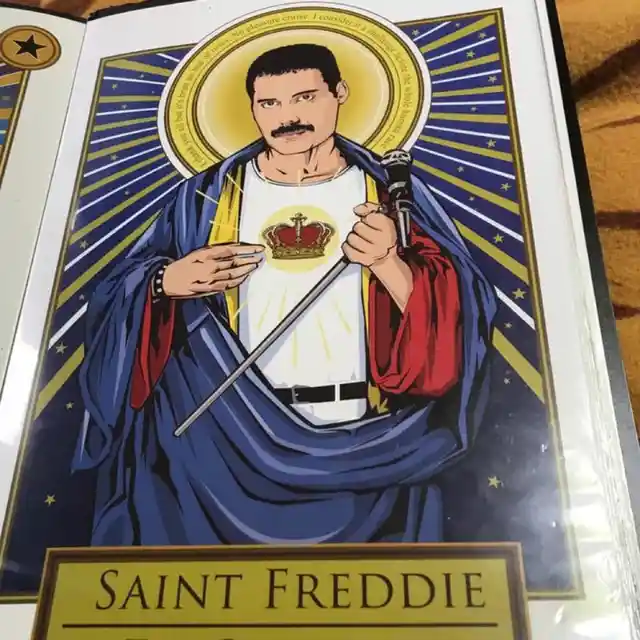
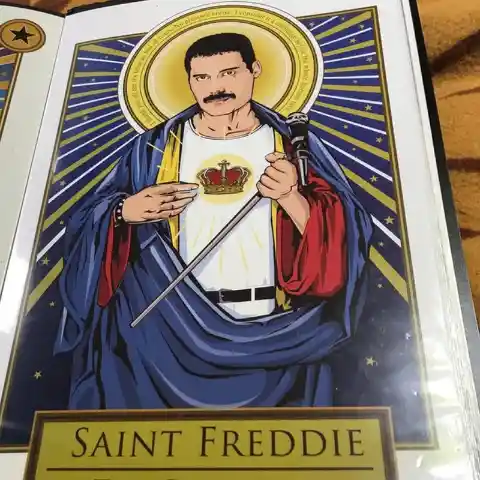
Freddy’s parents were understandably conservative, and one might even say his father had a tendency to be controlling, hoping his son would not deviate from the preachings of their ancient religion.
Well-To-Do Background
Freddie Mercury had his advantages in his youth, being brought up in a well-to-do household based in Zanzibar (now a component of Tanzania since Kenya gained independence from the British Empire). The Bulsara family moved to Zanzibar from the City of Bulsar so Freddie’s father could continue serving the British Colonial Office as a cashier.


His father’s position gave the family economic leverage, and it allowed them to travel regularly. And because Freddie was born at a time when Zanzibar was under British rule, he was eventually registered as a UK citizen following their emigration to England.
Boarding School
When Freddie turned eight years old, his parents decided to send him to a top-notch boarding school in Panchgani. St. Peters was ranked among the top 10 schools in India, famous for its curriculum that emulated the British educational system.
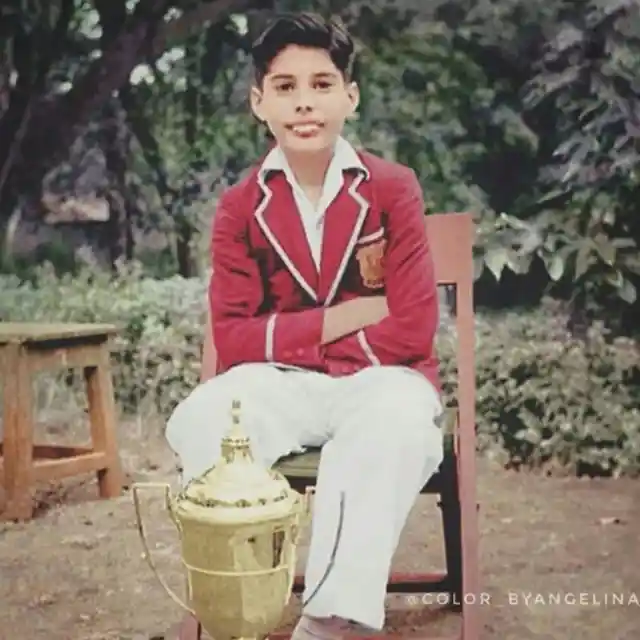

His experience in the new environment, having met new friends of different nationalities and various family backgrounds, helped him expand his horizons and become more sociable. He stayed in St. Peters for three years, where he’d started to use the name Freddy instead of Farrokh.
Stamp Collection From Childhood
It is said that Freddie Mercury’s interest in collecting stamps was influenced by his father. Luckily, in his younger years, they traveled often as a family, and this allowed Freddie to collect and develop his Philatelic hobby. His assemblage of stamps came from all over the world.
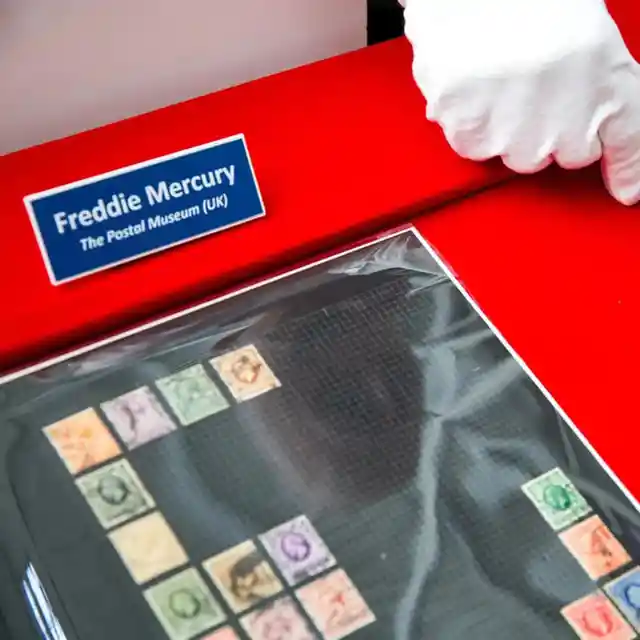
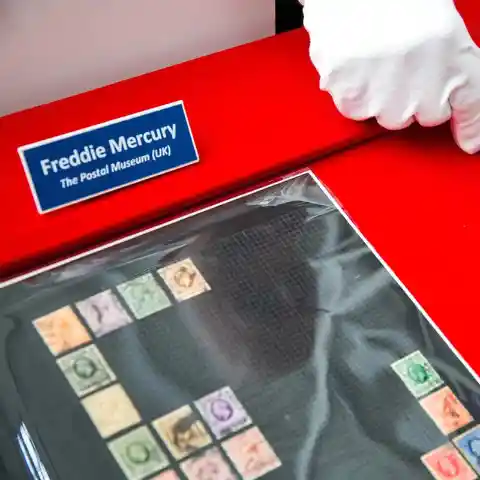
A significant number came from countries under the bygone British Empire. He liked to keep them according to aesthetic classification, based on their colors or patterns, and over a dark page that highlighted their designs. His collection was acquired in 1993 and is displayed alongside John Lennon’s in the Postal Museum in London.
“The Hectics” Was Founded
When the young Freddie was accepted at St. Peter’s boarding school, it was as if a whole new world also opened up for him. Here he was allowed to experiment and learn more about all types of sound and music. This is where he would, later on, learn to play the piano.
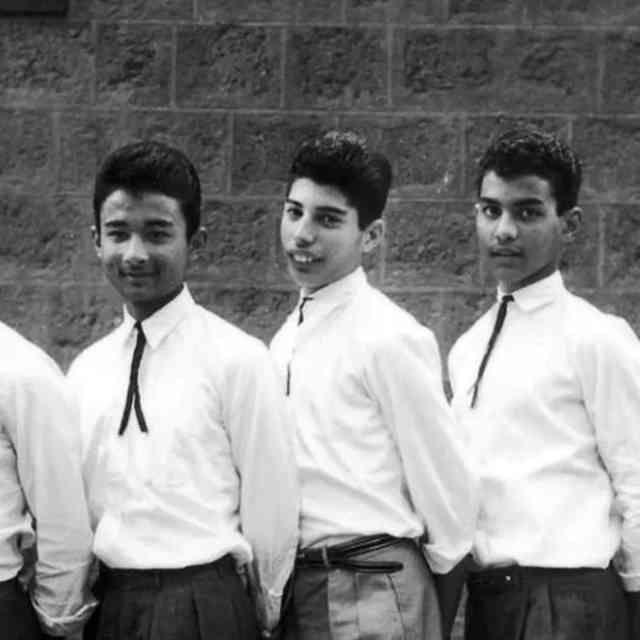
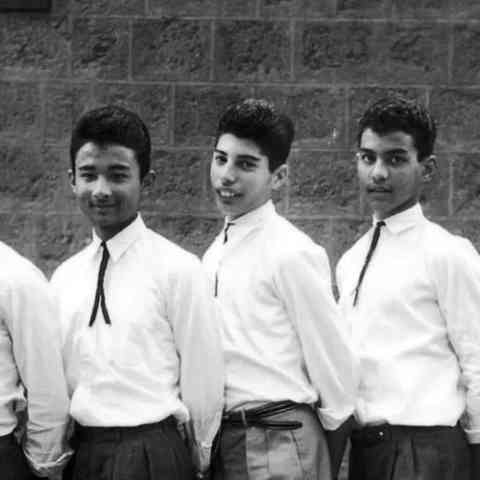
He would also meet Victor Rana, Farang Irani, Bruce Murray, and Derrick Branche. Together they formed the school band “The Hectics.” Freddie tried his hand at songwriting, and they also covered rock and roll music that was popular at the time, such as the songs of Little Richard.
Escape to England
Members of the Afro-Shirazi Party became disgruntled by their lack of representation in Parliament despite winning a majority of the votes during the 1963 election. As a result, the Zanzibar Revolution began. The Sultan of Zanzibar and his administration were overthrown.
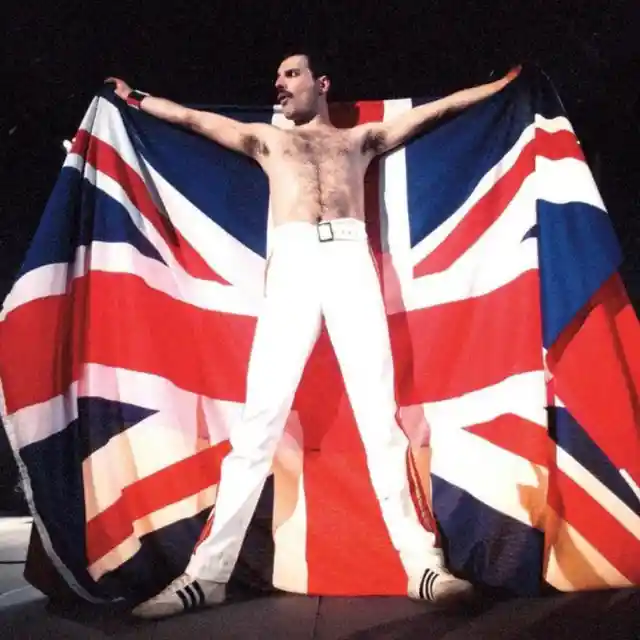
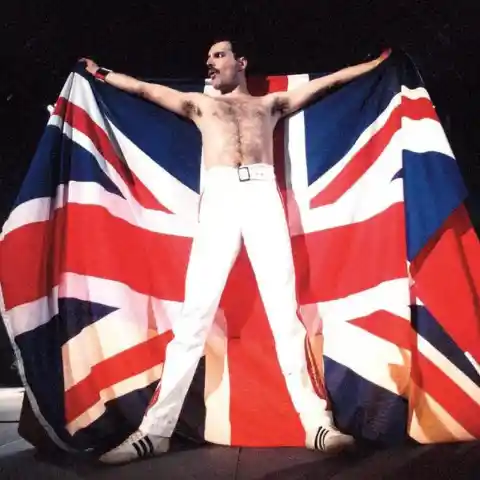
It turned out to be a violent movement. Despite the lack of modern weaponry, the revolutionaries were able to overcome the police force. The Bulsara family could not afford to stay in the country any longer and quickly decided to move to England.
Keeping His Distance From the Past
It could be that Freddie Mercury just didn’t like to share most of his childhood days in Zanzibar with those he knew wouldn’t understand, given the levels of contrasting culture to the West, his family’s ancient religion, and practices. Nevertheless, he was not ashamed of it.
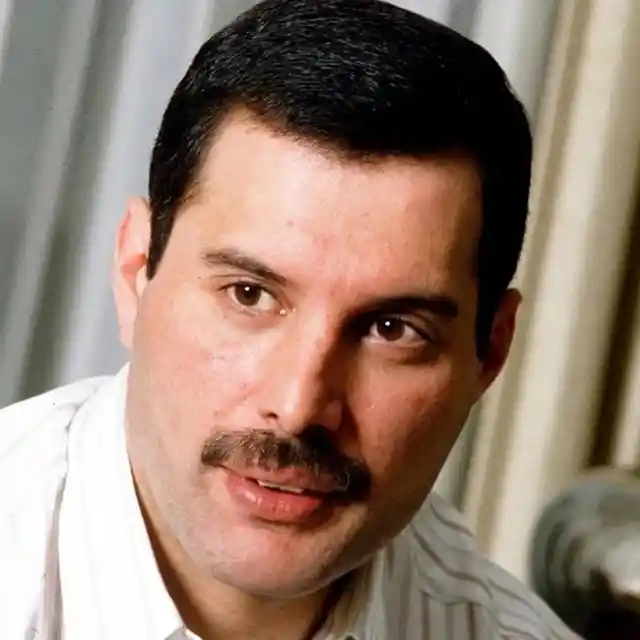
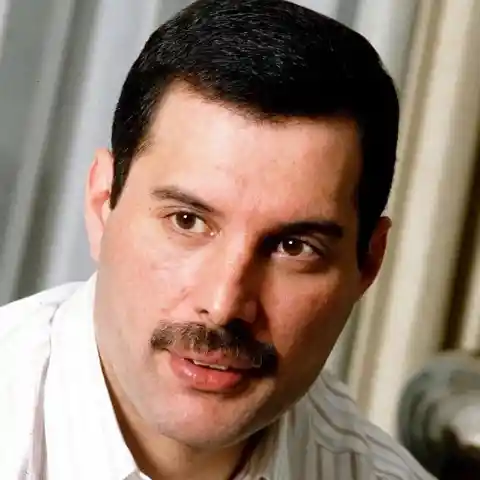
He knew that the person he’d become was so far from the child his parents knew back in the early days in India. He wanted to protect this sacred past. Freddie kept his background behind a tightly locked door.
Museum in His Honor
Freddy almost never talked about his ethnicity or religious beliefs, save perhaps with his own family or the closest of friends in complete privacy. He was in danger of being misunderstood that way, of people thinking he might not have been proud of his roots.
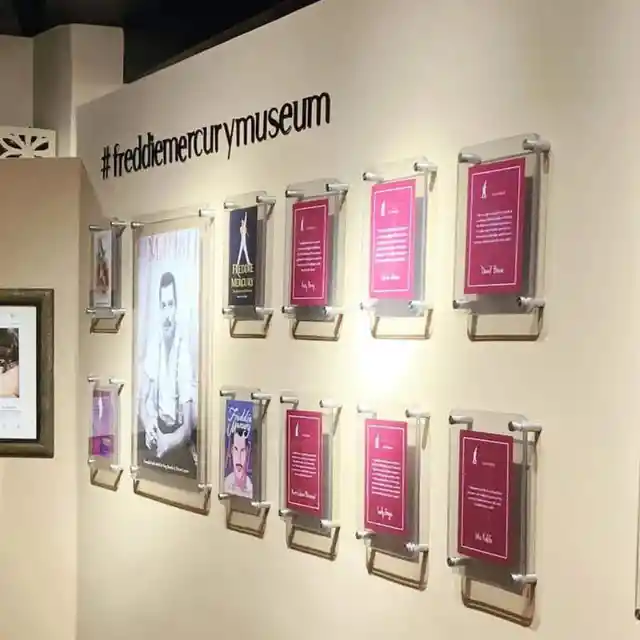
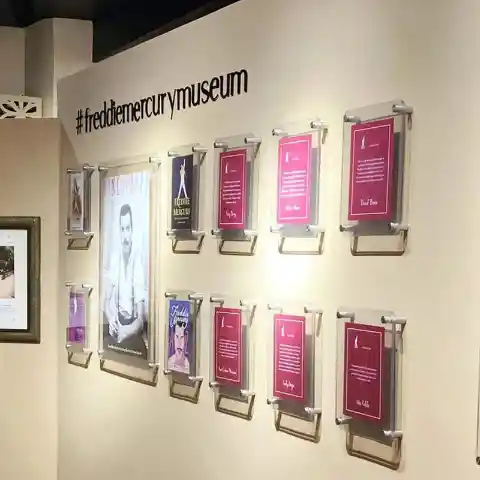
But people in Zanzibar were the first ones to honor him despite his lack of acknowledgment by putting up a museum in his honor, inaugurated in November 2019. The museum is exclusively dedicated to one of the greatest lead singers in rock history.
He Excelled in Boxing, Among Other Sports
Freddie became so popular that everyone just wanted to talk about all possible aspects of his life. In one of many interviews, he shared how he’d learned to engage in various sports activities as a teen back in St. Peter's. It was there that he first played field hockey and table tennis.
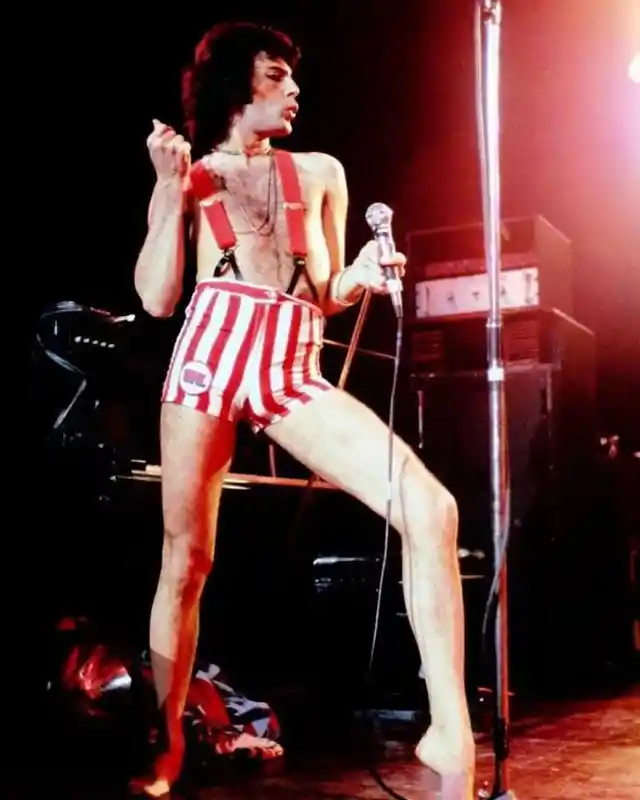
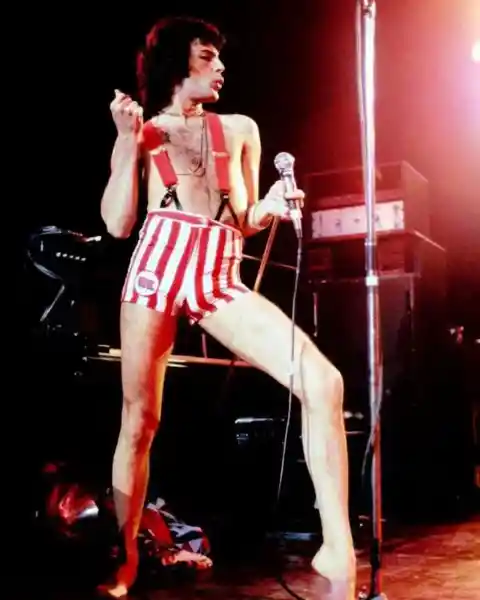
Given his talent for rhythm and music, in retrospect, it’s not all too surprising that he excelled in ping pong. And because he was graceful and loved to dance on stage, no wonder his flexibility gave him the edge in the ring. He could have been a great boxer who relied not merely on speed and power—but on perfectly timing his punches.
How Queen Started
After an untimely, if not premature, move to England to avoid the Zanzibar Revolution, Freddie Mercury studied graphic arts and design and earned a diploma at Ealing Art College. He also became a member of the band Wreckage, which played heavy blues.
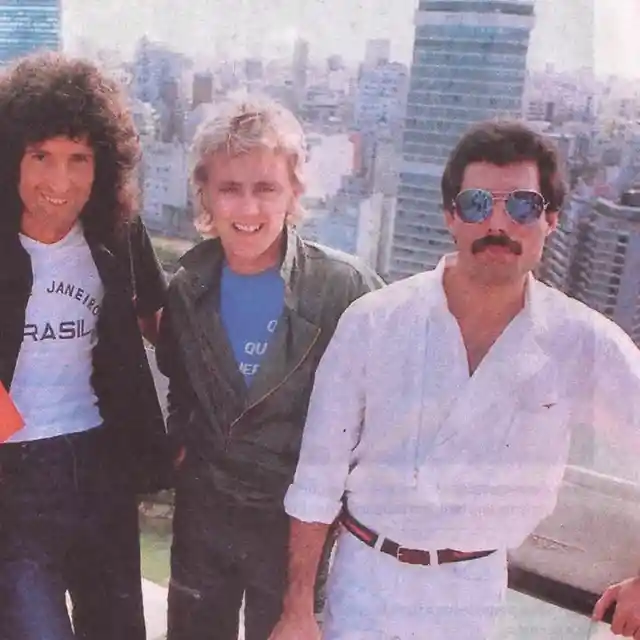
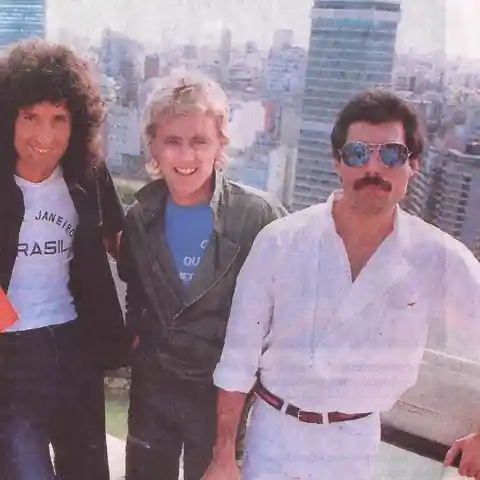
Around this time, he befriended Brian May and Roger Taylor of the band “Smile.” Taylor didn’t even know Freddy was a singer. They just spent a lot of time together and became good friends. Later on, Freddy joined them as their lead vocalist, along with bassist John Deacon, and they became the core of what was later known as one of the greatest British rock bands—Queen.
Everlasting Power and Passion
The lead singer, who possessed a four-octave vocal capacity, tended to share a vision with his co-members of the newly formed band: that they would become greats in the music industry, maybe even the greatest—and that their fame would last for all time.
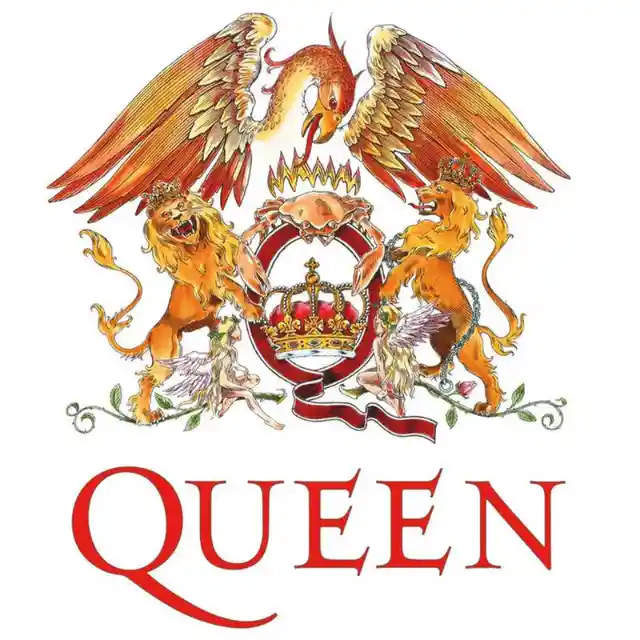
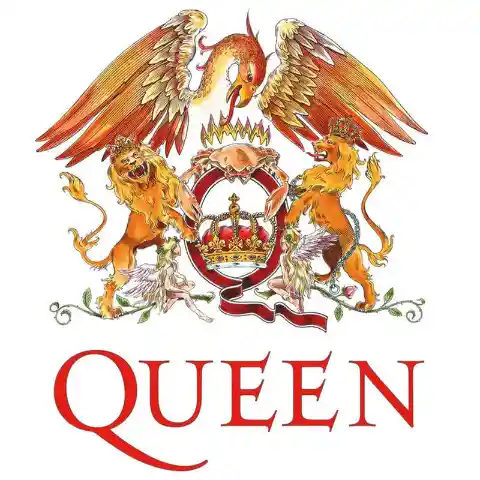
Mercury used his artistic skills to design Queen’s logo. It has all band members’ zodiac signs roaring proudly upon it, with the Phoenix overshadowing everything else. It’s a symbol of self-renewing life and eternal, elemental power.
Accidental Prop
Those who have seen Mercury perform on stage, live or otherwise, become invariably enthralled by him. It was as if you were standing too close to a burning comet. One signature feature of his act is his whirling of a detached microphone stand.
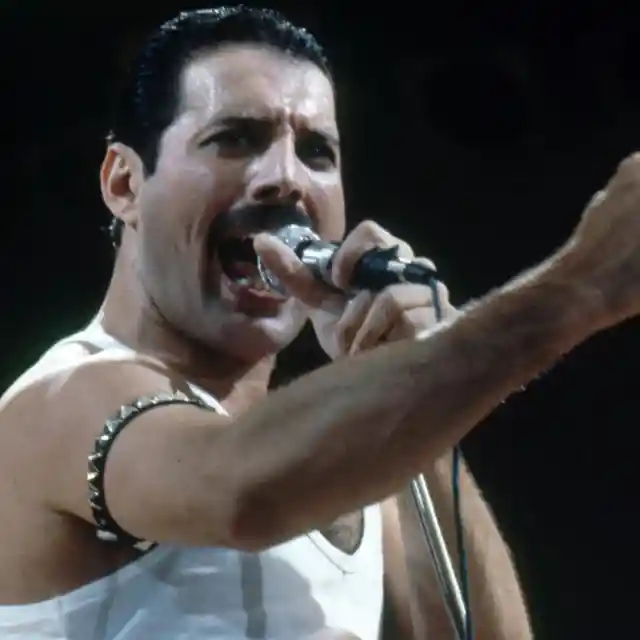
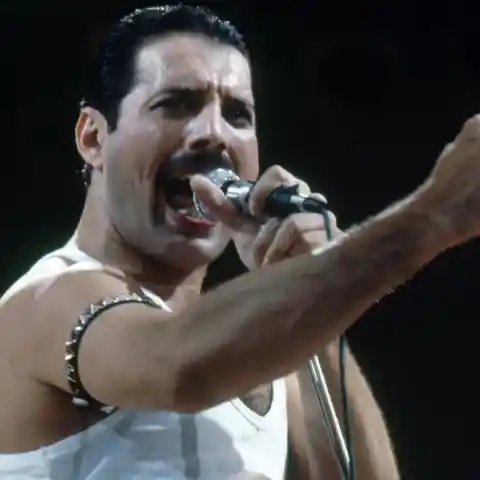
This stage trick, now mirrored by stage acts everywhere, was born out of an accident. While performing, Freddie’s mic stand broke—forcing him to pick up the mic and stand. After that, the trick was implemented in all of his routines.
He Always Kept a Piano Close By
Mercury learned to play the piano back in his youth, and yet somehow, he never really felt too confident in his ability to tickle the ivories, even when he was at the peak of his singing career. Despite this, his former bandmates at St. Peter’s said that he could easily play any song on the piano—he just learned by ear.
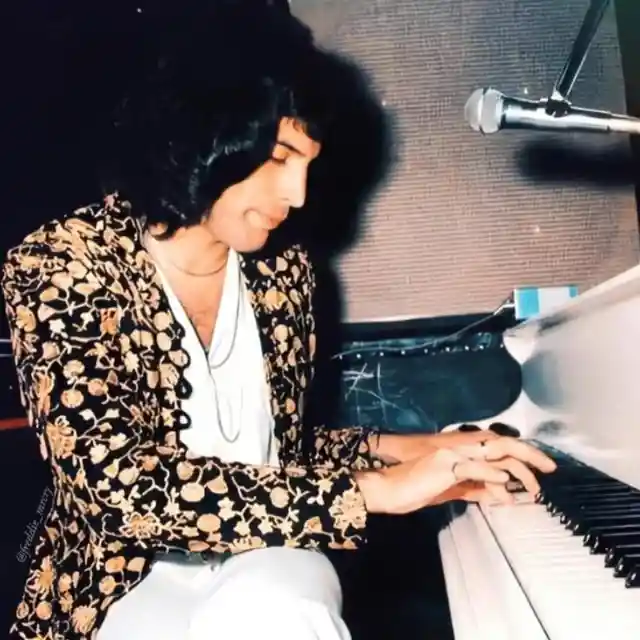
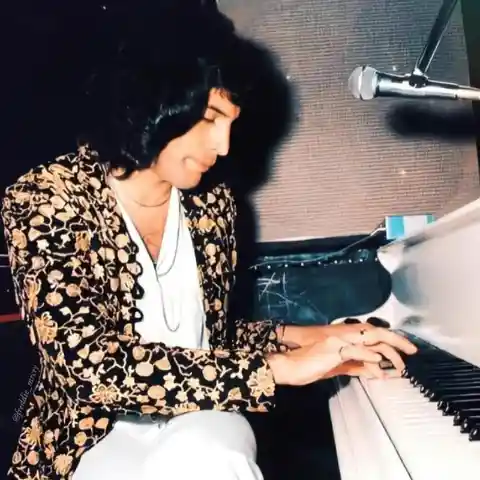
But this was the instrument he always made sure was close by, wherever he happened to be. Not the guitar, but the piano—especially when he slept. This way, he could jump up the bed and start composing a song he might have just dreamt of. Rumor has it that he came up with the idea for “Crazy Little Thing Called Love” while sitting half submerged in a bathtub with a piano bridging over it.
Mutual Admiration for David Bowie
Freddie Mercury had always admired David Bowie’s music, especially for his innovative style with the use of the guitar in art rock. This was even back in the day when he was new to London. As luck would have it, Mercury had a chance to help out David Bowie before one of his concerts, and they became friends.
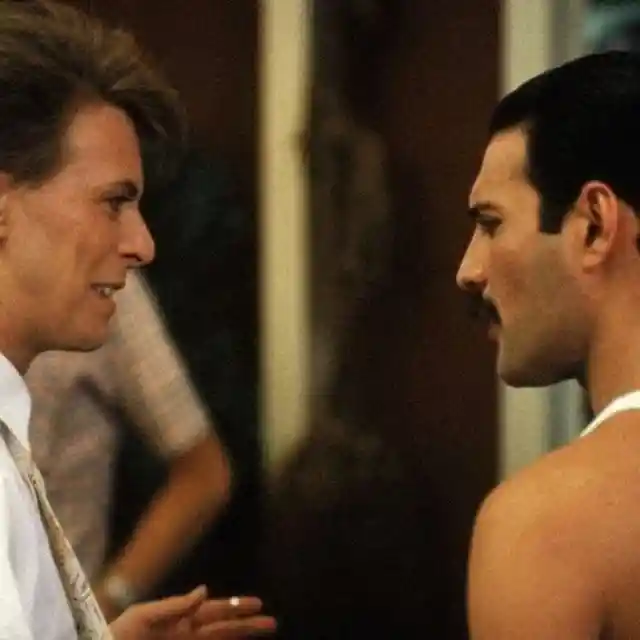
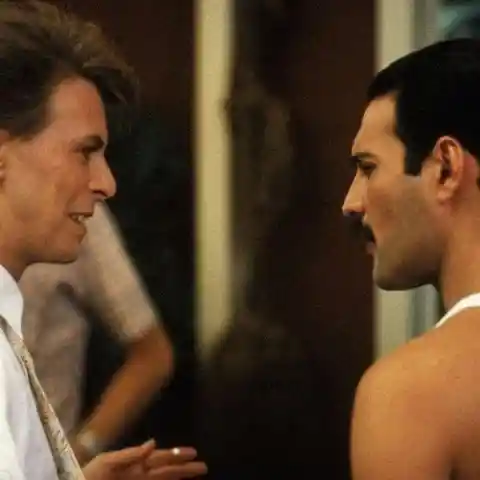
Years after they first met, the two ultra-talented artists got a chance to collaborate and co-wrote the song Under Pressure. Unfortunately, they weren’t able to perform their song live together due to work commitments. After a concert in tribute to Mercury in 1992, David Bowie shared how much he adored his friend and his captivating performances and always pushed the medium further than everyone else.
Always Looking For Inspiration
Artists can sometimes be viewed as oddballs from the outside by people who have no idea what goes through their minds. Freddie Mercury was always bubbly that way because he loved to break out into song at any moment. This obsession makes sense for the person who wrote most of Queen’s top hits.
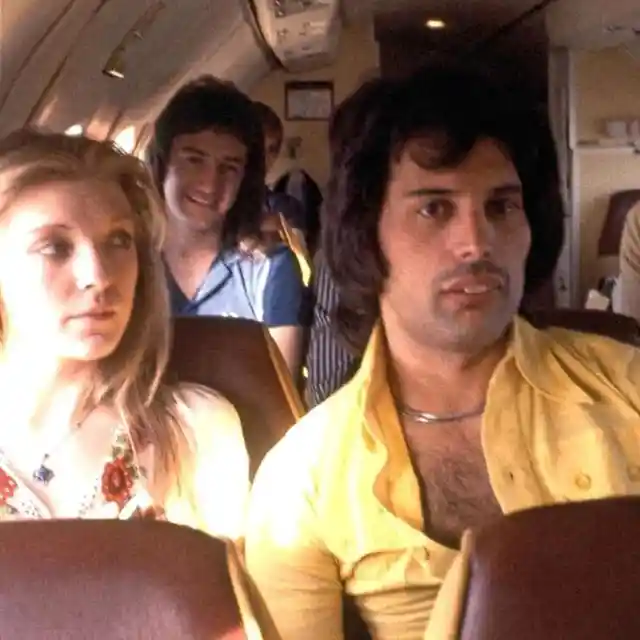
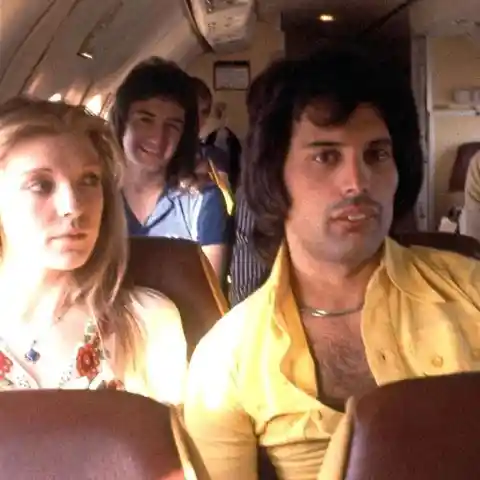
Just as he had a piano brought in close to him so he could work on a nascent tune, he always let his assistants bring a pen and notebook to write on, just in case he senses a sudden inspiration to write a new song. Case in point, he wrote Life Is Real onboard an aircraft. A song he dedicated to John Lennon.
Overcrowded Teeth
Freddie Mercury had one physical trait that caught people’s attention: his supernumerary teeth, which were overcrowded and stuck out at the front of his mouth like an oversized car bumper. He used to be bullied for this as a kid. He was nicknamed Bucky for this in school, and it made him feel insecure even as an adult.
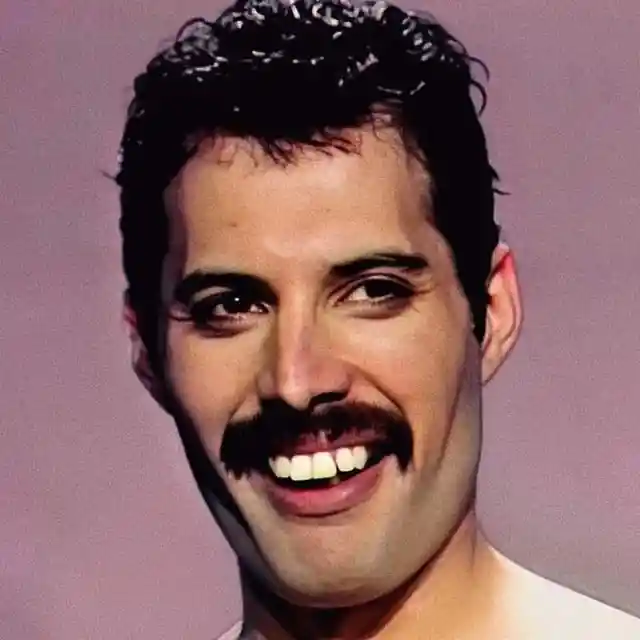

In short, he had too many teeth. While he had all the money to get this corrected by the best dentists in London, Mercury decided to keep it that way. He believed that they played a special role in producing his unique vocal range.
Mercury’s Conflict With Sid Vicious
In one of the most famous confrontations in rock and roll history, Freddie Mercury came face to face with the Sex Pistols bassist Sid Vicious. This happened when the Punk band was chosen to substitute for Queen on the Today Program when Freddie had a last-minute appointment with his dentist.
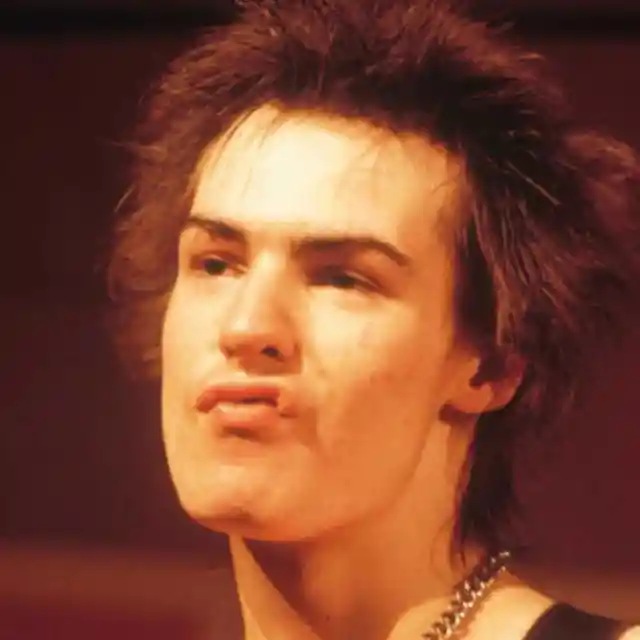
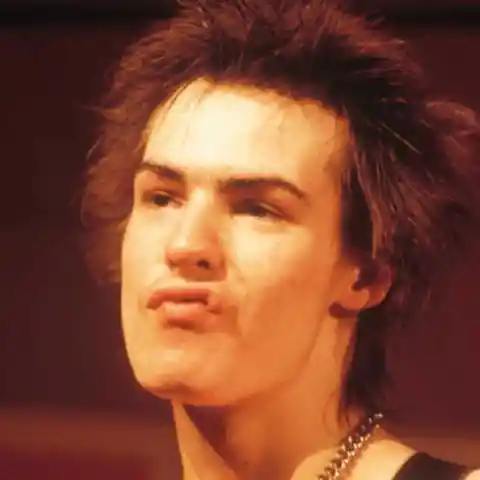
Vicious sarcastically remarked if Mercury had already “brought ballet to the masses yet,” apparently a dig at Freddie’s effeminate nature and the fact that he would wear ballet slippers on occasion. Freddie reacted by dragging him out of the studio.
Shared Moment With Princess Diana
Comedy actress Cleo Rocos, co-actress of the Kenny Everett Show, which aired from 1981 to 1988, was a personal friend of the late Princess Diana. She claims that they both had some wild nights of drinking together, and one evening she snuck the princess out of the royal residence to go to the Royal Vauxhall Tavern.
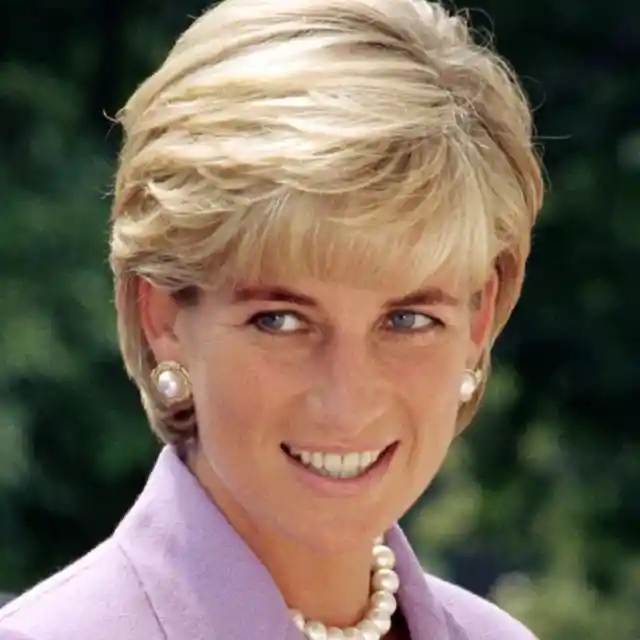
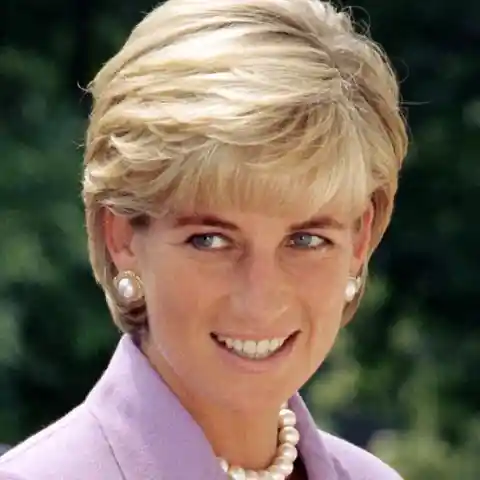
They purposely met up with Freddie Mercury and his close friend, Kenny Everett, at the gay bar for a good time. That good time translated to a couple of drinks together and binge-watching The Golden Girls series.
The Science Behind Mercury’s Voice
Many people still can’t get over their fascination with the Queen’s lead singer’s vocal range more than two decades since Freddie Mercury passed away. For many of his fans, it’s as if he is simply on his way to rebirth, as the band logo implies with its phoenix logo.
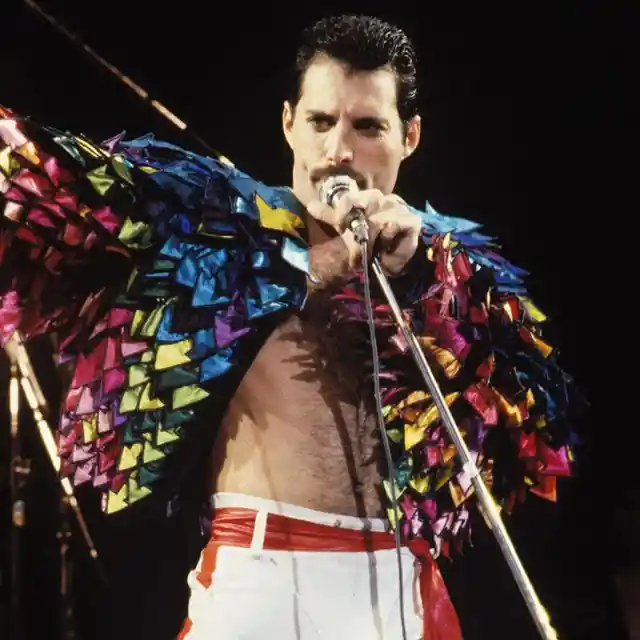
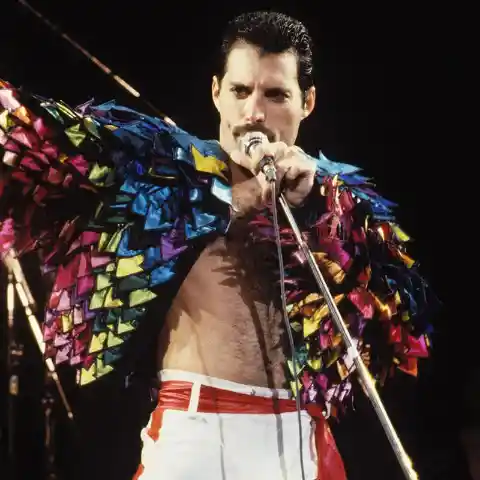
In 2016, a team of researchers even went as far as to study Freddie Mercury’s voice, focusing on the elements that made it so powerful and appealing. They found that although Mercury was a baritone singer, he had tenor-like abilities. His vibrato outstripped many of his opera singer contemporaries.
A Complicated Orientation
Freddie Mercury’s sexuality was likely an extremely sensitive issue—knowing that he came from a family with straight-laced values, with deeply religious parents. He often referred to Mary Austin as the love of his life but admitted that he enjoyed being with men too.
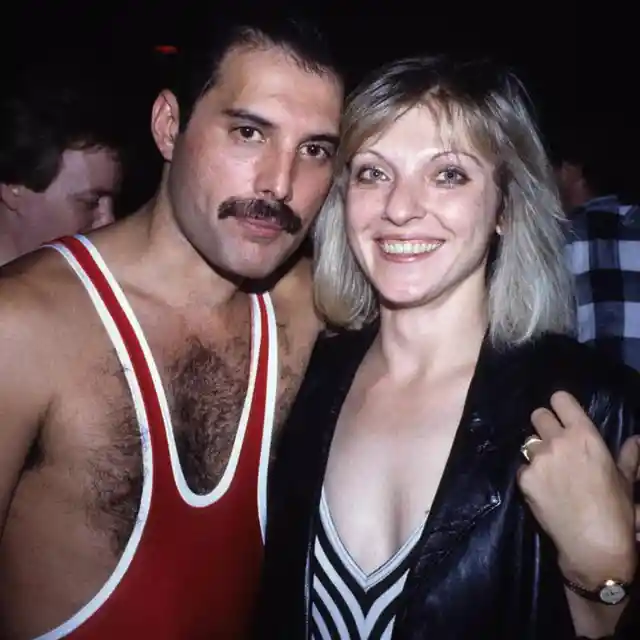
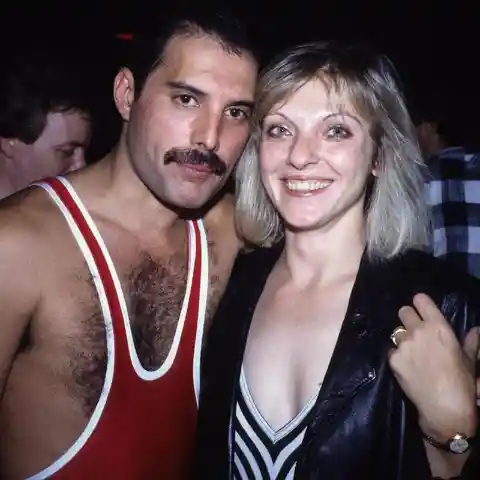
Austin wasn’t the last woman he was linked with. He was rumored to have been seen about town with Barbara Valentin, a porn star, and was also snapped with other women as well.
Freddie’s Art Collection
Freddie earned a diploma as a graphic artist at Ealing Art School, but his endeavors to become a painter had been generally overshadowed by his musical pursuits, even before Queen was formed. Although it may have seemed as though he’d given it up, he actually found ways to practice.
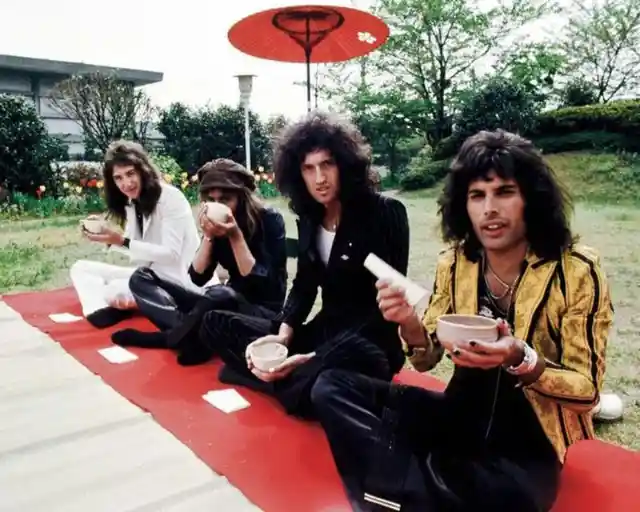
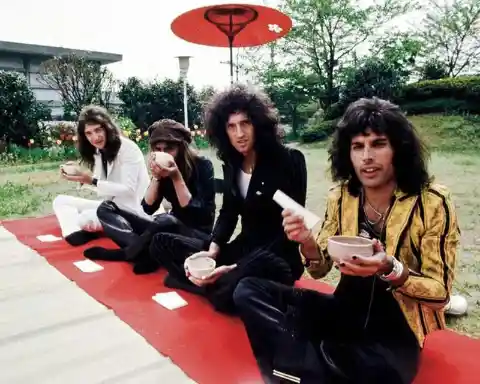
In fact, he still went to art galleries whenever he could and collected a variety of paintings and furniture. He was known for his Salvador Dali prints and Japanese art collection. He apparently wrote the song “The Fairy Feller’s Master-Stroke” after visiting the Tate Gallery.
Friendship With Elton John
Elton John was among Freddie’s closest friends. They called each other womanly names as a kind of endearment, as both frequented drag parties—a fairly common activity among their circle of friends. Elton John was “Sharon,” while Freddy was “Melina.” They also called John Lennon “Carol” and Rod Stewart “Phyllis.”
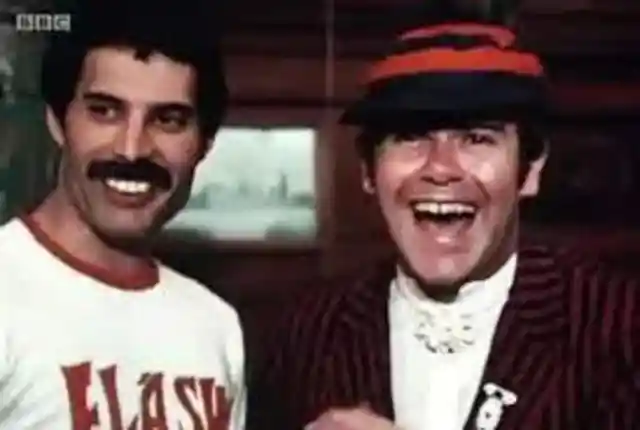
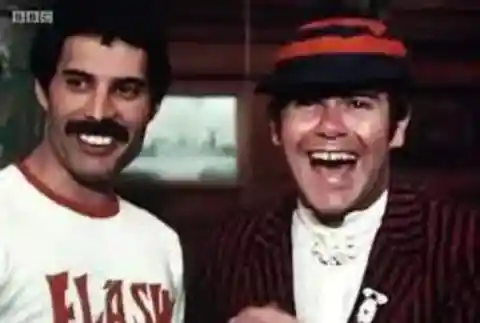
It was all for fun for them, having drag names. And on the first Christmas, after Freddie Mercury had passed away, a package arrived at Elton’s home. It was a gift from Mercury, who had just recently passed. Inside the box was Freddie’s pillow and a note that said, “Dear Sharon, I thought you might like to have it. Love, Melina. Merry Christmas.” It broke Elton’s heart to learn that even during Freddie’s darkest days, he had been thought of by his dying friend.
With the King of Pop
When Michael Jackson and Freddie Mercury first decided to collaborate on a song, the projection of its success was nothing less than stellar. Expectations were so high, what with both their tremendous talents involved and their pulling powers combined. It’s a shame that they only recorded two songs together: There Must Be More To Life Than This and State Of Shock.
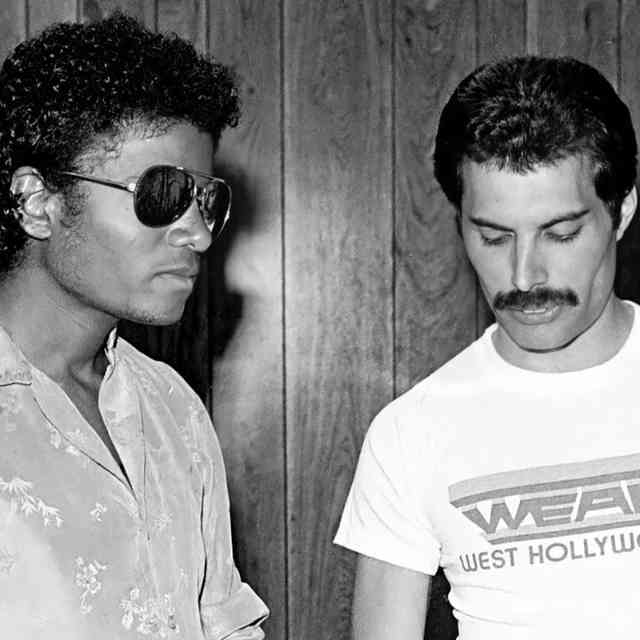
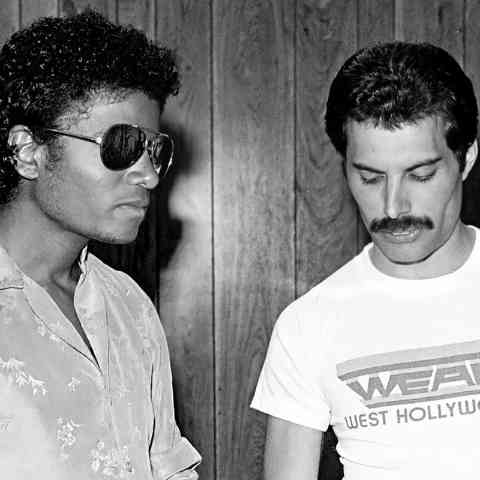
The two stars just couldn’t make the time due to their unavoidable idiosyncrasies. However, there were other complications. Michael Jackson kept bringing his pet llama to their recording sessions which annoyed Mercury. And the king of pop didn’t appreciate Mercury’s mixing his drug use with their work.
A Merger of the Greats
The three great rock singers, Elton John, Freddie Mercury, and Rod Stewart, were very close friends, and they attended parties together. They even had drag names for each other just for amusement. But one party the trio attended almost bore fruit to a merger—potentially creating the most talented band in history.
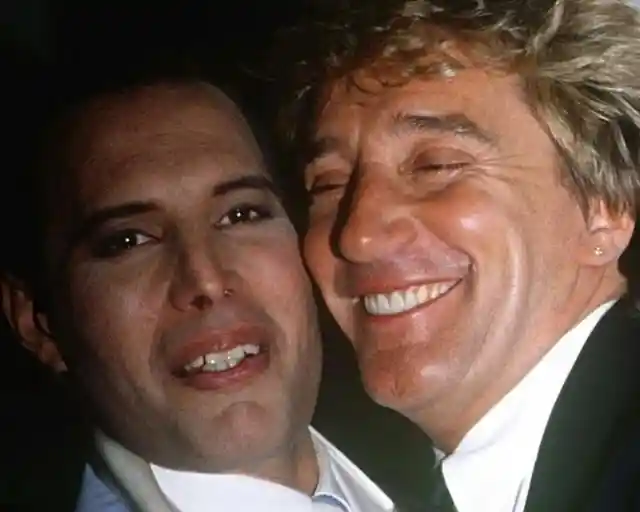
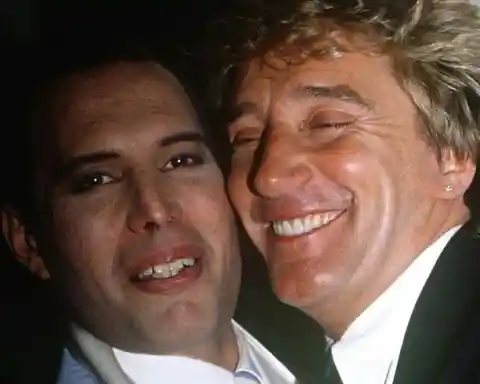
They planned on teaming up and called the super band “Nose, Teeth, and Hair” in reference to the physical features each didn’t like about themselves. But the idea evaporated with the sunrise, as they all decided to give up on the idea as the party began winding down in the morning.
His Soulmate
Mercury had been linked with so many people in the past, but not all rumors about his celebrity friendships were true. That being said, being the lead singer of Queen gets you into the highest of high places, where you will undoubtedly rub shoulders with people of refined talent and wealth.
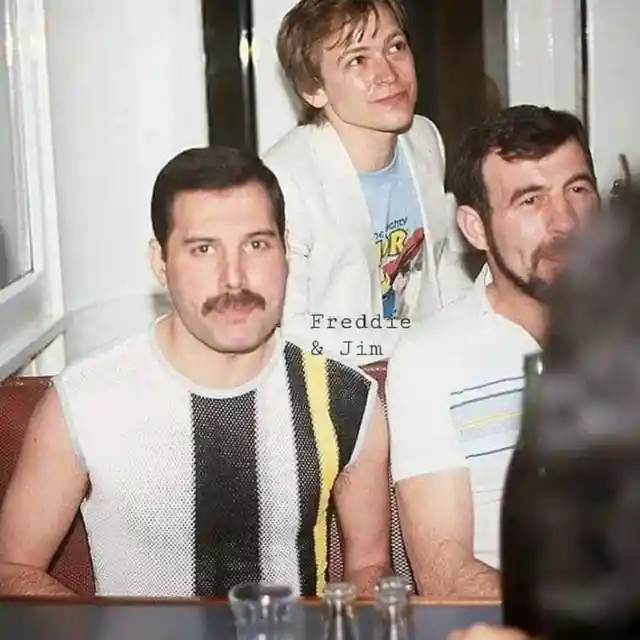

But when Freddie met Jim Hutton in 1985, a hairdresser, he described their connection as harmonious and peaceful. Whenever they were together, they experienced solitude. Soon he started to call Hutton his husband. Hutton never left Freddie’s side until his final day. Like Freddie, Jim would later be diagnosed with HIV too.
The Altercation With Francis Rossi
The world had never seen or heard of a rock band singer like Freddy Mercury, whose voice could fly high up to a female’s singing vocal range, a trait that perhaps impressed upon many listeners as an effeminate quality. Status Quo’s lead singer Francis Rossi insensitively took Mercury to task one day, joking about his sexuality.
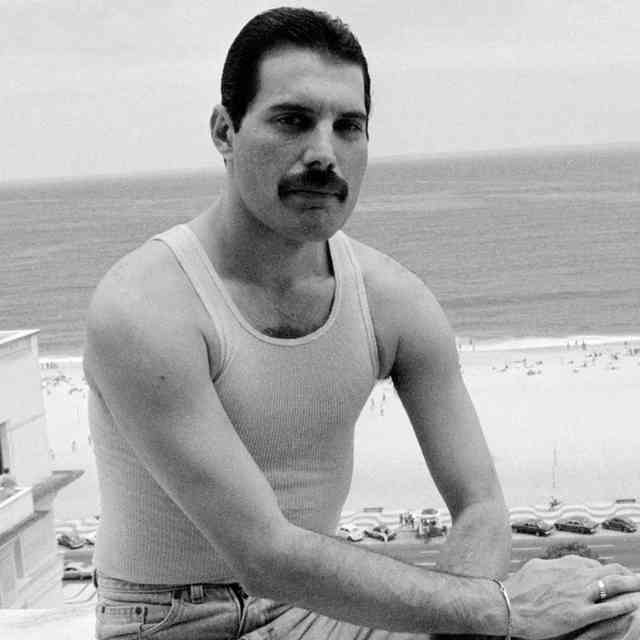
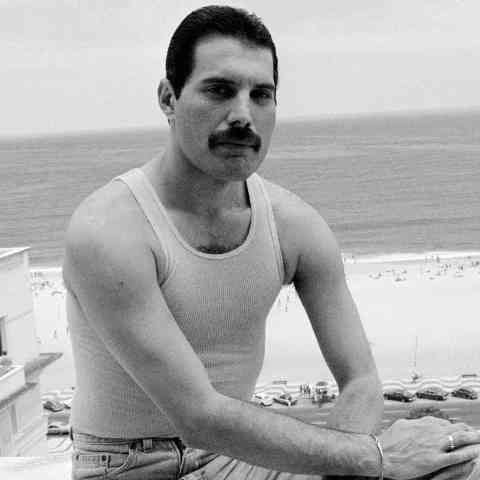
People tended to forget that Mercury could be physical when he wanted to. He excelled in boxing as a teen, among other sports. Irritated, the Queen’s main man quickly head-locked Rossi before he could make a move, forcing him to tap out of the tangle. Thankfully, there weren’t any sour feelings after—and the Status Quo remained intact.
Freddie and His Cats
Around bedtime, Freddie would lift his cat Delilah in his arms and shower her with tender strokes. She was his favorite cat, and she acted like she knew this for a fact, bullying the others a little from time to time. Freddie always brought her in and let her sleep beside his bed.
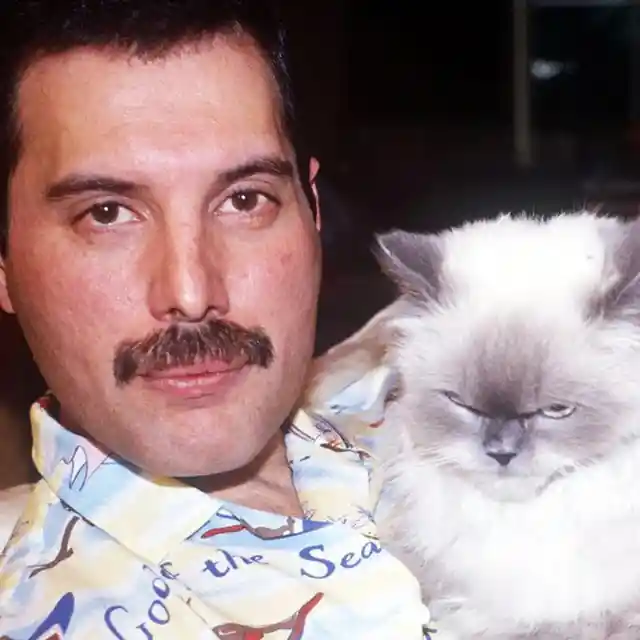
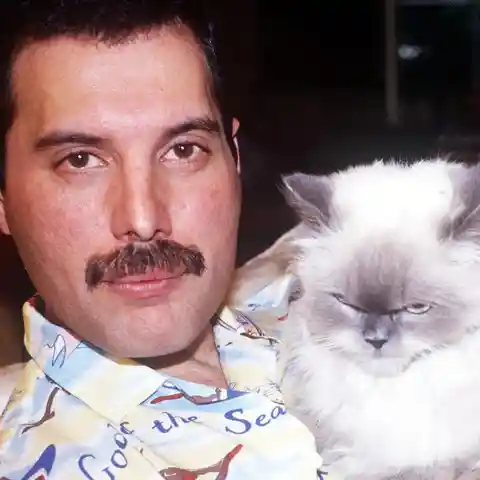
Whenever he was out of town, he would call home so he could hear his feline children mewl over the speaker. Freddie had ten cats, and they always got presents, especially during the holidays. He dedicated his Mr. Bad Guy album to all his cats and cat lovers and didn’t care what the world thought.
An Outlandish Fashion Sense
Freddie Mercury was known for regularly hosting private parties. His presence alone was more than enough to carry the spirit of a party. He was never boring, always coming up with all kinds of ideas to keep the entertainment rolling.
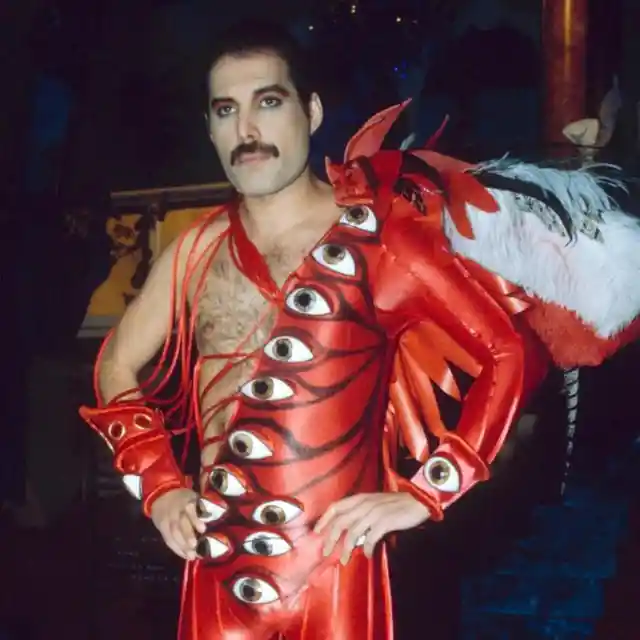
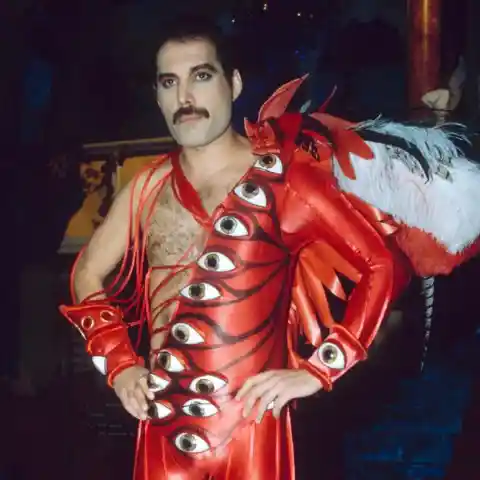
There was also no way of predicting what outfit he would be wearing to any of them. Sometimes he would march in with a military jacket. In other events, he’d show up as an angel in tight pants. During a celebration following the release of his Jazz album, he reportedly requested servers to come in naked.
Not Having Enough Sleep
He could be sitting idly on his chair, and yet his mind was always in pursuit of something—an inspiration, ideas for the next concert, what parties could be held next, and where. He was always living in the fast lane—on tours, or live, guesting on TV.
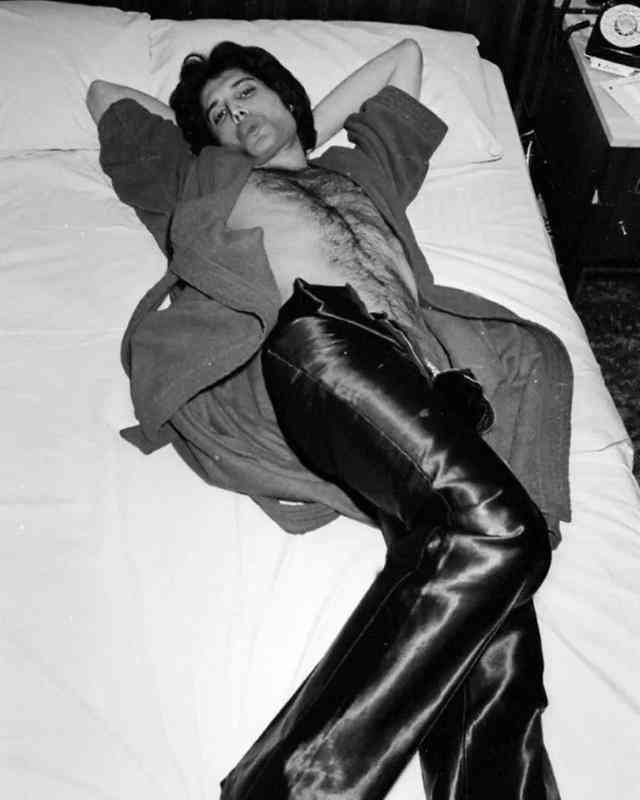
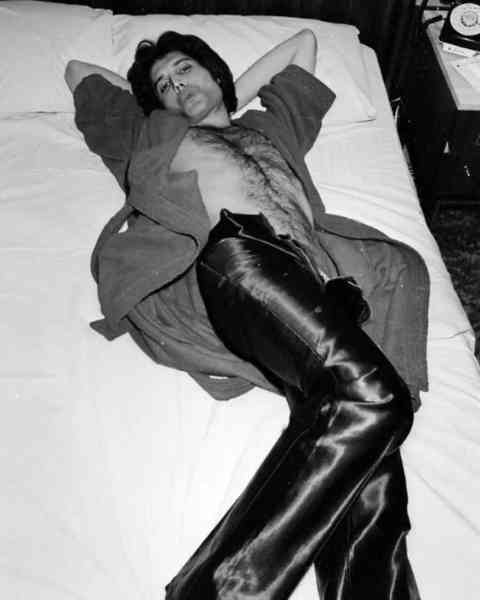
Despite all the activities he consistently had on schedule, he rarely took enough time to rest. He used to claim that a meager 3-hour sleep was enough to recharge his batteries, and he’d be ready for the next gig.
Encore Performance Atop Darth Vader
It was nearing the end of one of his concerts, and the audience wanted to see the band perform some more. But nobody had expected Freddie Mercury to come back out on stage atop the shoulders of Darth Vader—but that’s what happened.
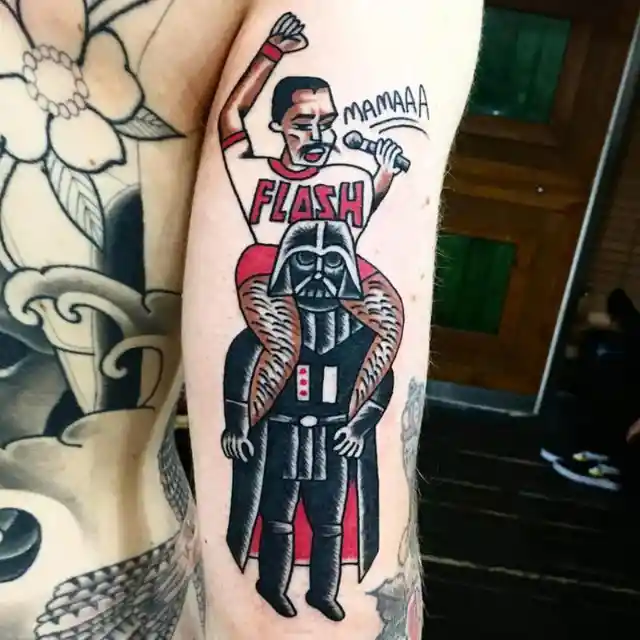
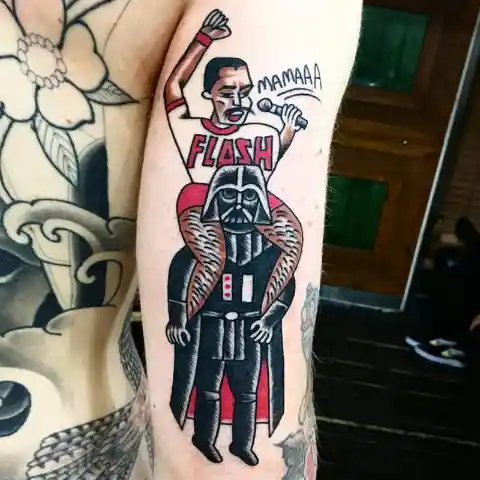
He completely surprised everyone, especially with his Flash Gordon shirt. But this wasn’t a subtle way of saying that he disliked Star Wars, which was already so popular at the time. The crowd went gaga over it. An out-of-this-world shtick like this would have broken the internet.
Freddie Mercury Statue in Switzerland
Some tourists in Switzerland might wonder why they have come across a ten feet statue of Freddie Mercury, in his typical rage pose at the end of his concerts, with an exultant fist high up in the air. Montreaux is home to Queen’s recording studio.
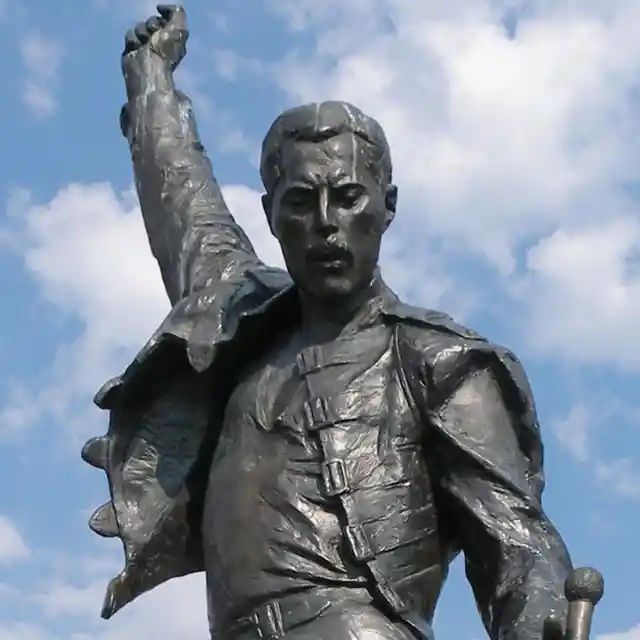
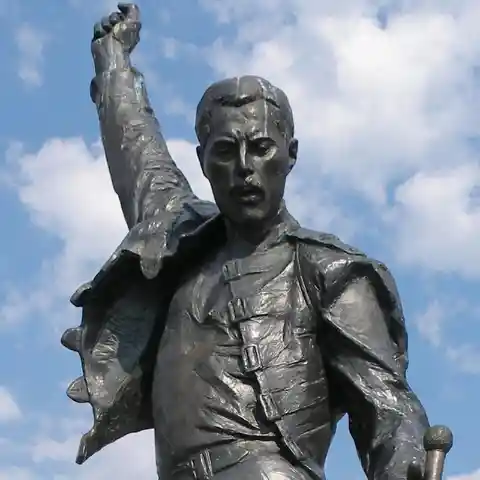
This isn’t something new, as singers like David Bowie, Rick Wakeman, and the Rolling Stones have studios on location, too, for tax reasons. Every year (in the first week of September), fans visit the spot to celebrate "Freddie Mercury Montreux Memorial Day."
Ballet Performance
Audiences were spellbound whenever Freddie Mercury performed on stage, dancing in moves that he described as “free-form,” sometimes moving spontaneously to his bursting emotions. Freddie’s friend, Wayne Eagling, who dances for the Royal Ballet, suggested that he dance with their other members at the London Coliseum.
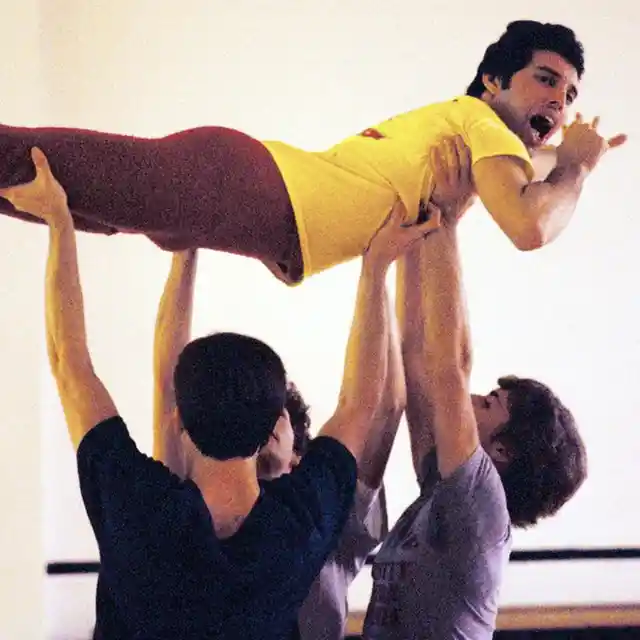
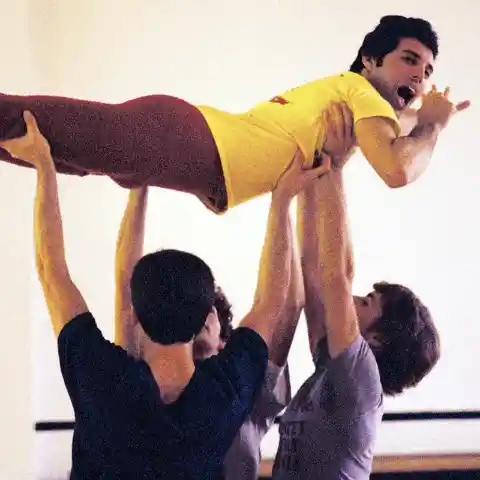
This was for a fundraising event in 1977 to raise money for mentally challenged children. Freddie agreed to the idea with slight reservations and took a week-long crash course in ballet, choreographed especially for him.
Duet With Montserrat Caballé
What merely started as a mutual admiration and respect for each other’s singing talents opened up an opportunity to work together. As the first collaboration between Freddie Mercury and soprano Montserrat Caballe, the song Barcelona ended up as the anthem of the 1992 Barcelona Olympics.
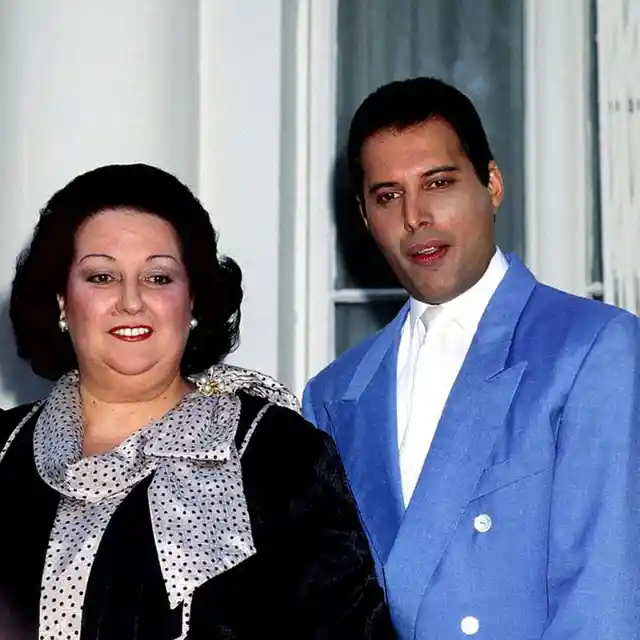
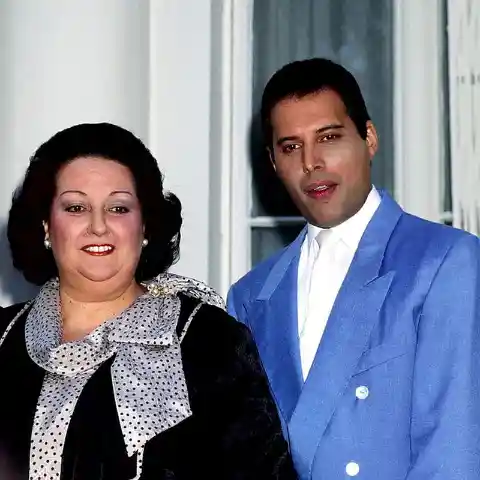
Their collaborations became part of Mercury’s second and final solo album. During its release, the album had mixed reviews due to the odd combination of opera and pop music, but later on, it turned out to be a commercial success.
Turning Down Broadway
There had been numerous collaborations throughout Freddie Mercury’s career, from joint efforts with opera singer Montserrat Caballe of Spain to Elton John, Paul McCartney, and David Bowie, and there were many others with whom he had planned to perform, invitations that he’d seriously considered.
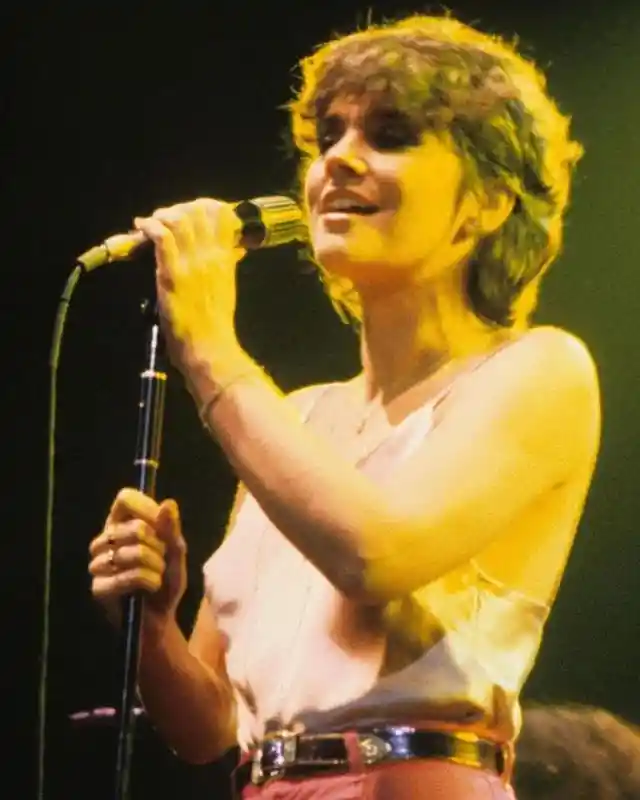

But performing on Broadway was something he felt he just couldn’t do. The idea of singing on the same stage for a week was just not enticing to him, too boring, he said. Consequently, he had to turn down the offer to star in La Bohème with Linda Randstad.
Freddie Mercury and Diego Maradona Honor Each Other
Queen had five concerts in Argentina during a 1981 tour of Latin America, not really knowing beforehand how their music would be received outside the UK. It turned out to be a historical event that drew the biggest audience ever seen in Argentina’s history. To Mercury’s surprise, the crowd knew the lyrics to his songs and readily took over whenever he paused for their participation.
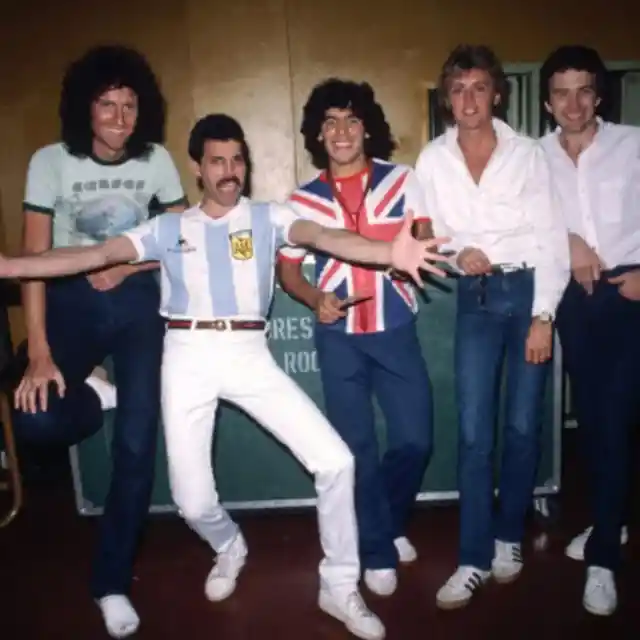
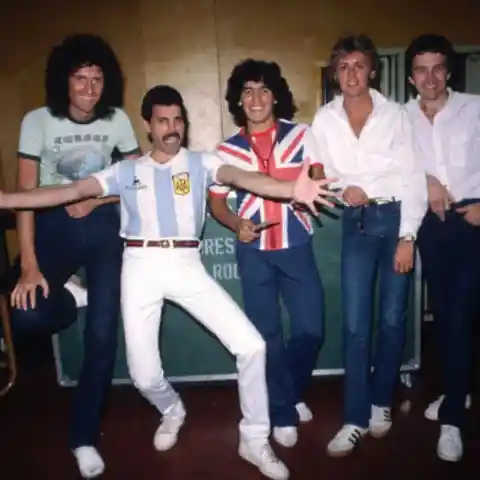
The band met with Diego Maradona backstage on their second performance, with Mercury wearing an Argentine soccer team uniform. To reciprocate this honor, Maradona wore Brian May’s UK flag shirt and borrowed his drumsticks as they posed together for a historic photograph.
Queen’s Live Aid Performance, 1985
The British Broadcasting Corporation (BBC News) produced a documentary about the 1984 famine that shook the world, referring to the harsh accounts in Ethiopia as hell on earth—an event of biblical proportions. To make a difference, artists worldwide responded by hosting fundraising concerts in multiple venues.
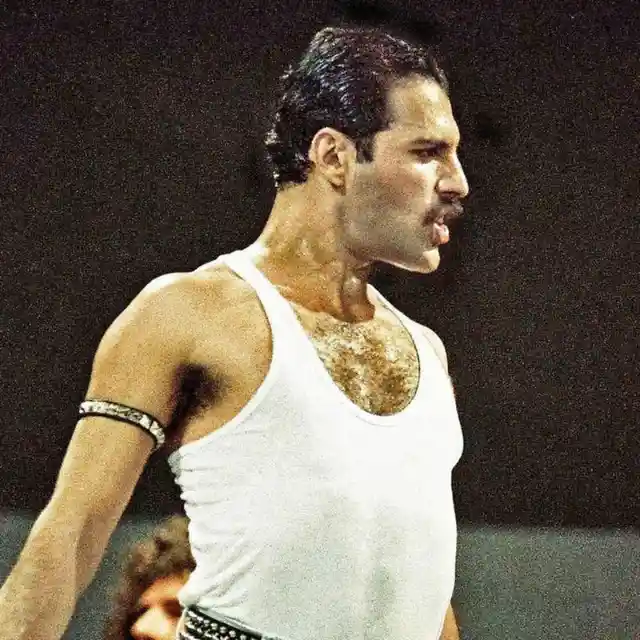
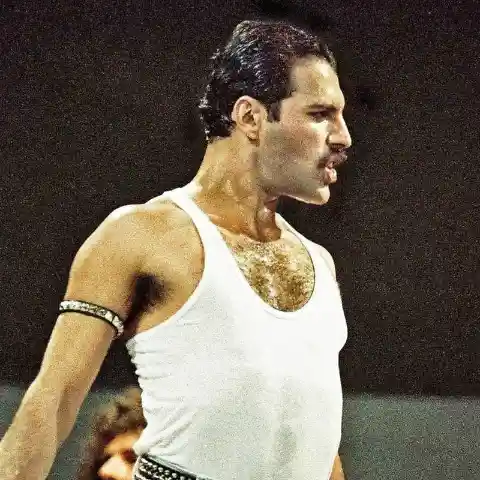
Among those who performed during the 1985 Live Aid Concert were Queen, The Beach Boys, U2, and Mick Jagger. At one point during the event, Elton John came up to Freddie Mercury to say that he stole the show! Their performance was described as mesmerizing and unanimously voted as the greatest performance in a live rock event.
Last Track of Innuendo Album
Brian May listened to his bandmates Roger Taylor and John Deacon harmonizing the chords one day and decided to write about how Freddie Mercury struggled to perform, how he never turned down his band despite his critical condition, knowing that the end was near.
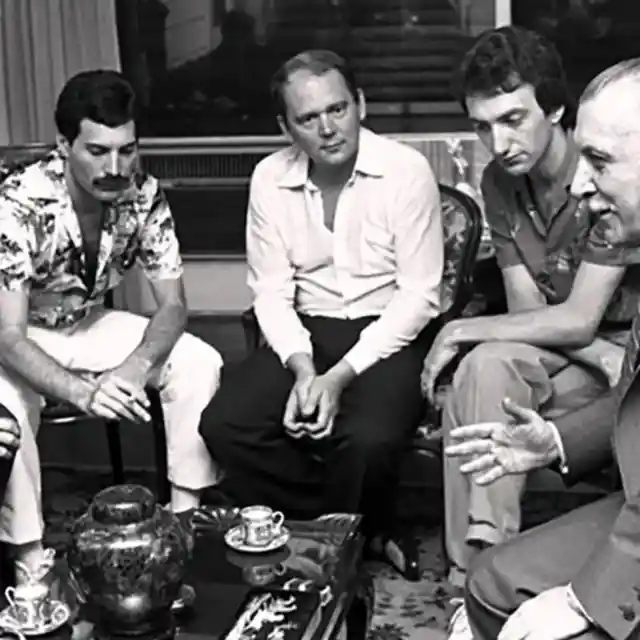
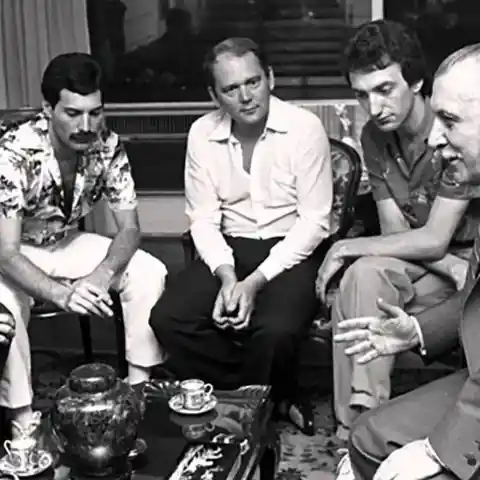
The Show Must Go On was the last track to be recorded in the Innuendo album, and it barely made it in. May felt that Mercury was too weak to sing it, and he was. Nobody really knew where he got the strength to do it when he did. When the time came to record, Freddie confidently glared at May, chugged some vodka, and said he’d do it. He completed it in one attempt.
Internal Conflict
You’d be hard-pressed to find any band out there that had the same energy as Queen had when they performed on stage in their prime. They were known for their creativity and passion, and you might have expected that their staying power was always fueled by their chemistry.


But it was never like that behind the scenes—quite the opposite. They bickered at each other a lot when they worked on a project and said regrettable things that got them into heated arguments. But it was through conflict that they became such good performers. It forged them to become one of the best rock bands of all time.
Suppressing Their Work
One of the downsides of Queen’s ascension in the music industry was that they were constantly the talk of the town, but not always in a positive sense. Mercury was associated with the gay community. As such, the messages behind his work were carefully scrutinized by the conservative members of the population.
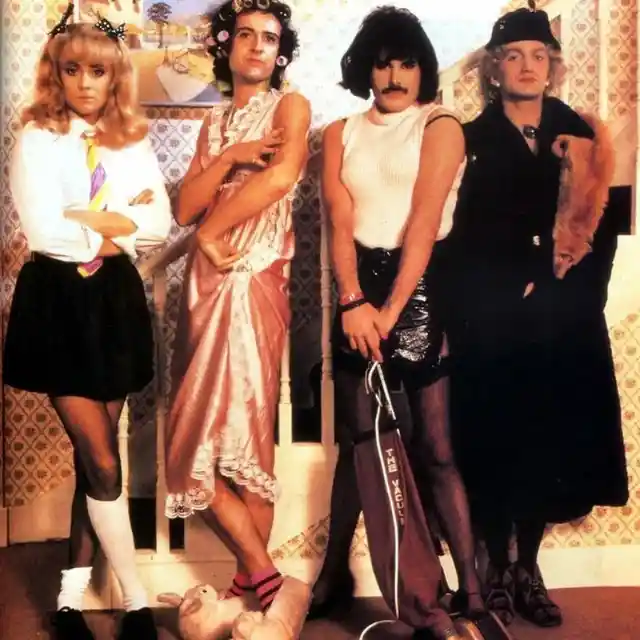
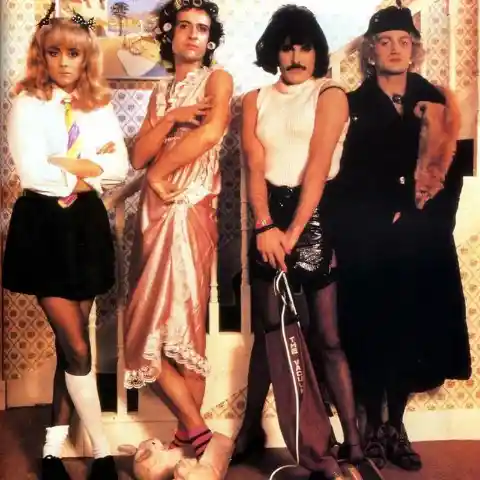
As a result, his sexually charged performances were questioned. Their song Get Down, Make Love was banned in Argentina during their Latin America tour, and their classic I Want to Break Free video, which shows the band members dressed in drag, was censored by MTV in the US.